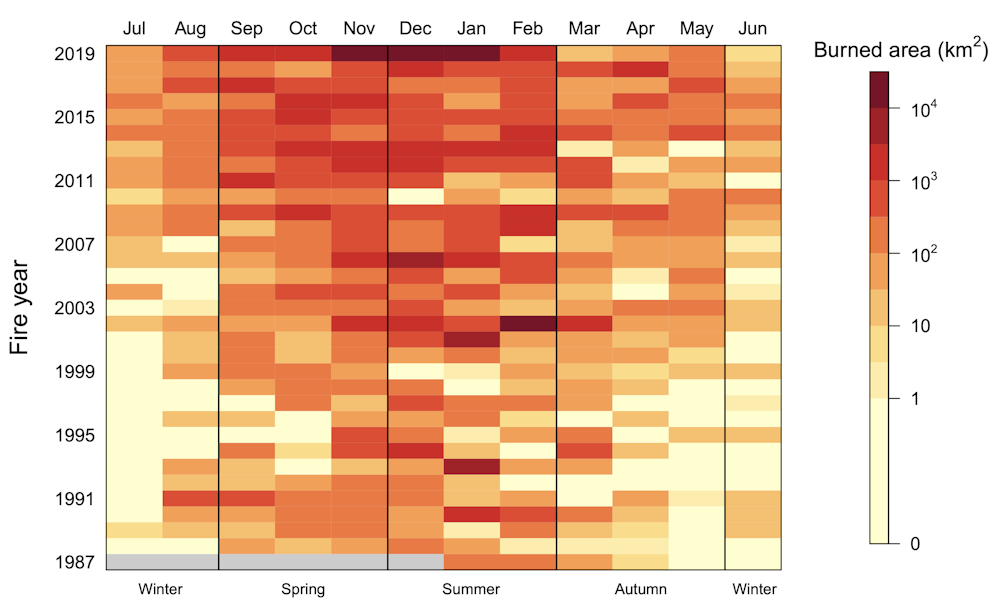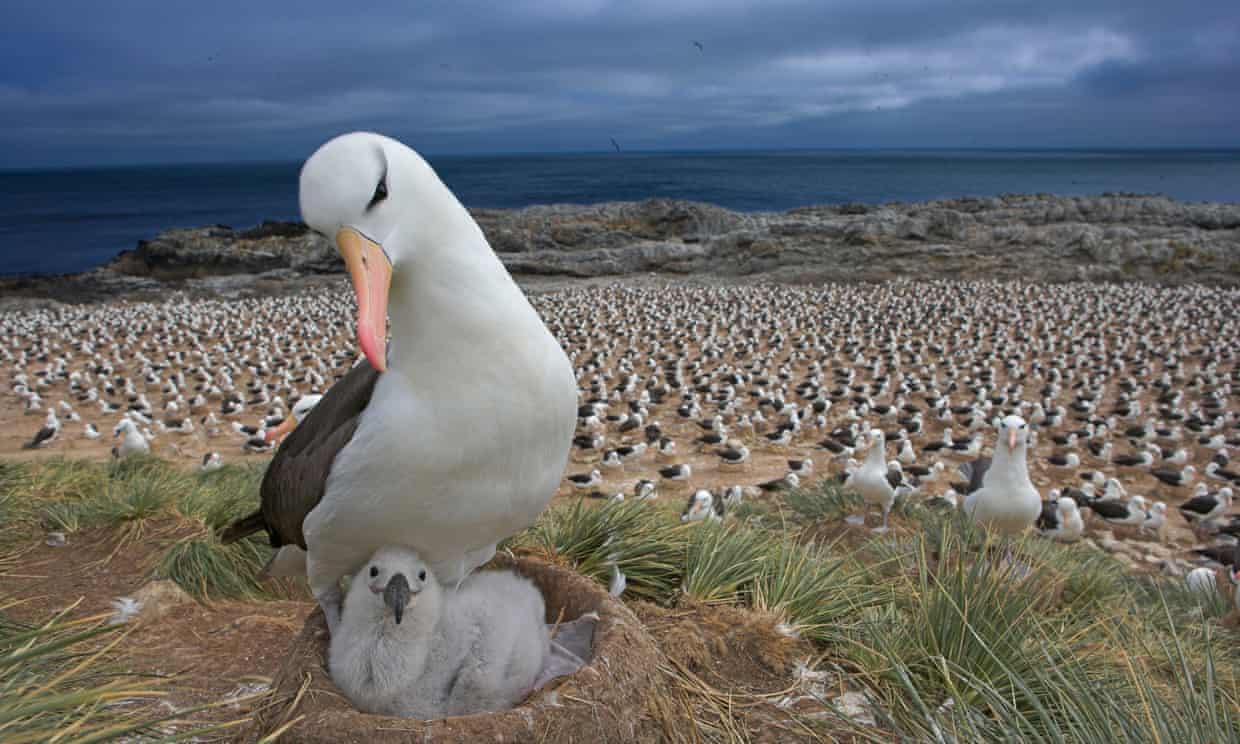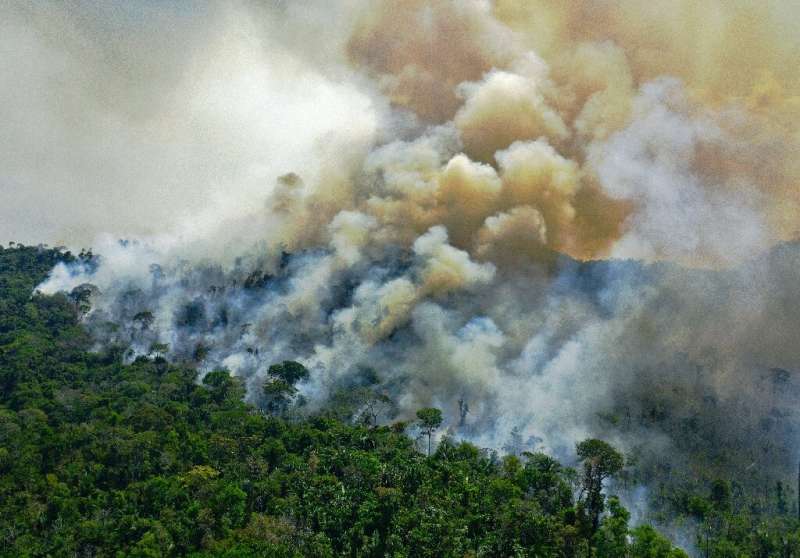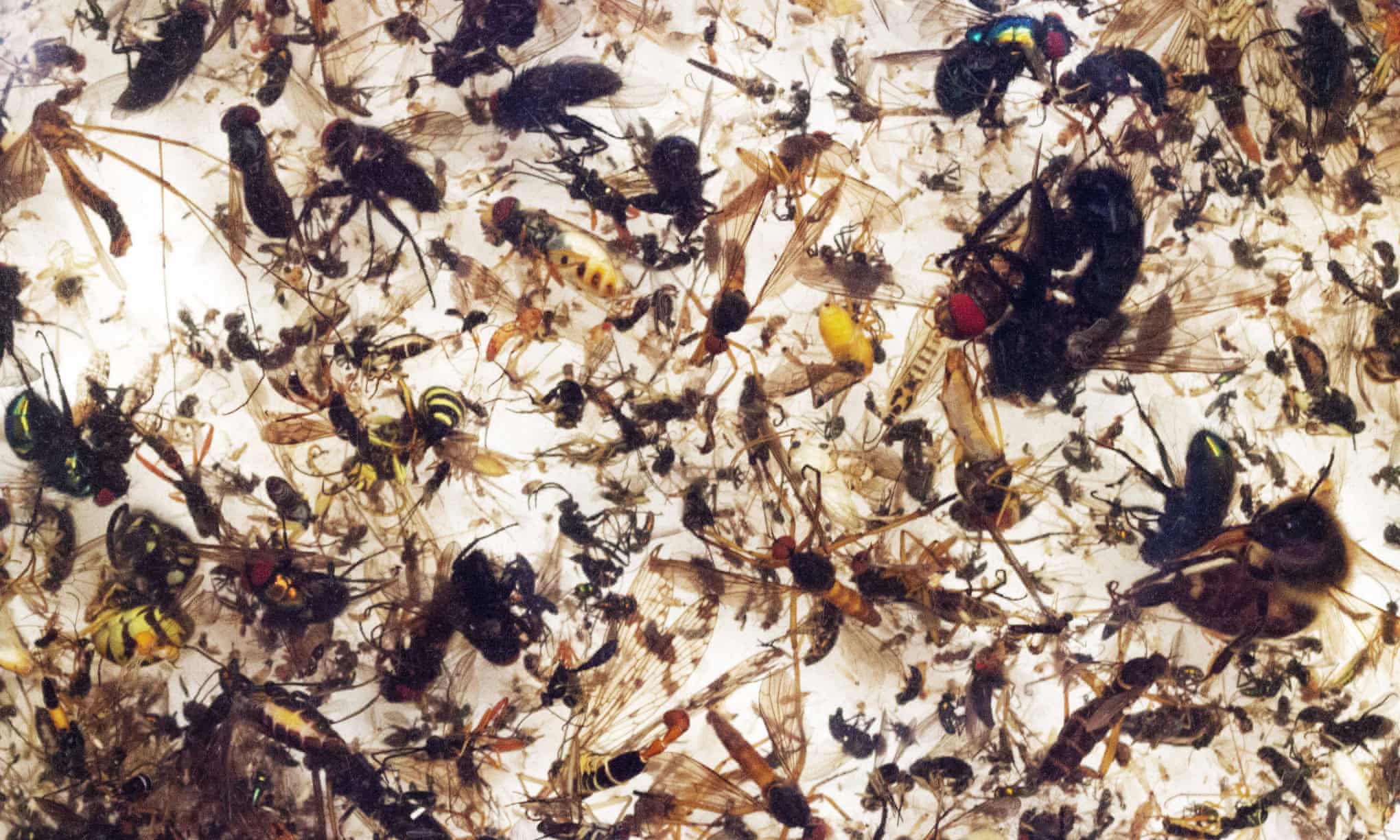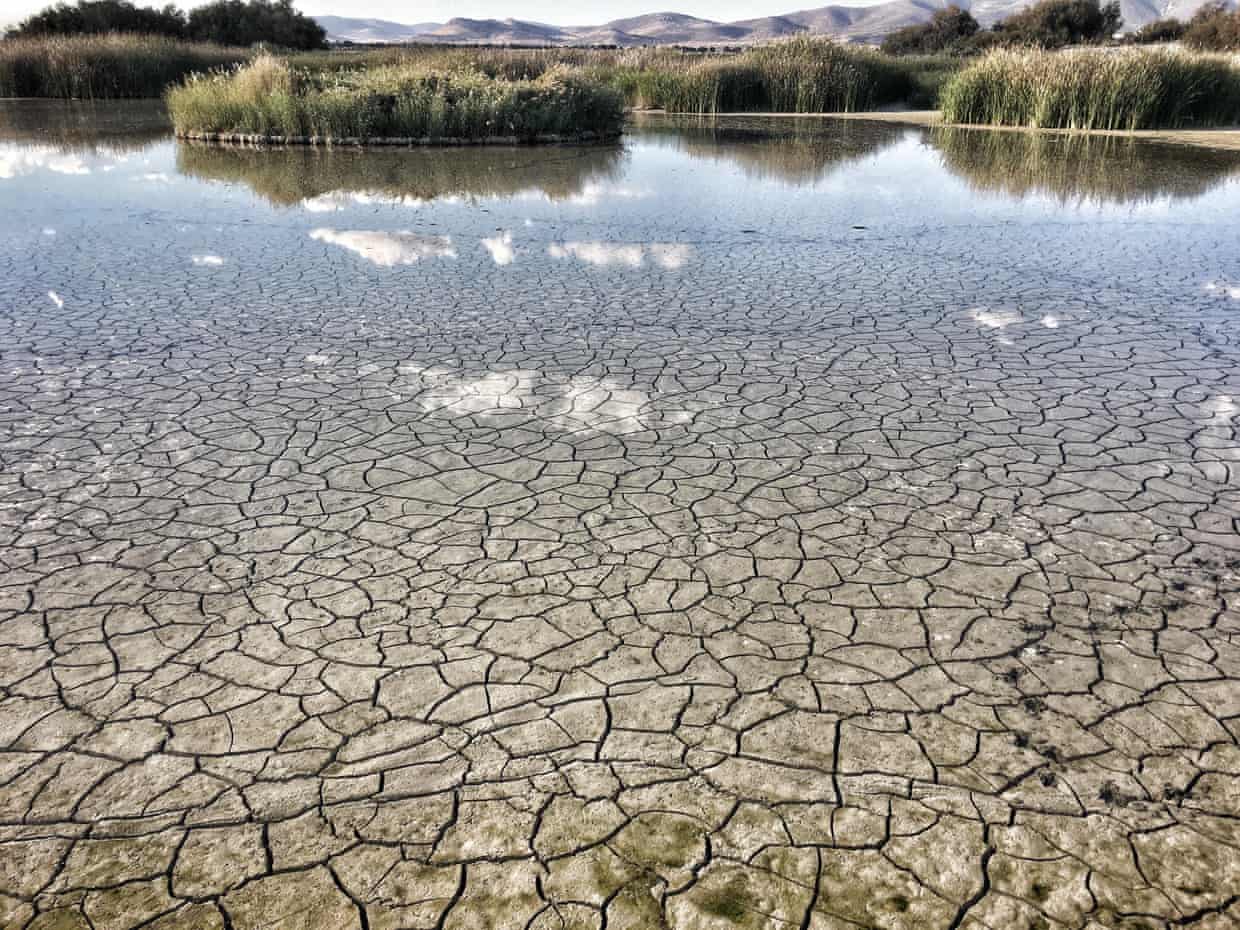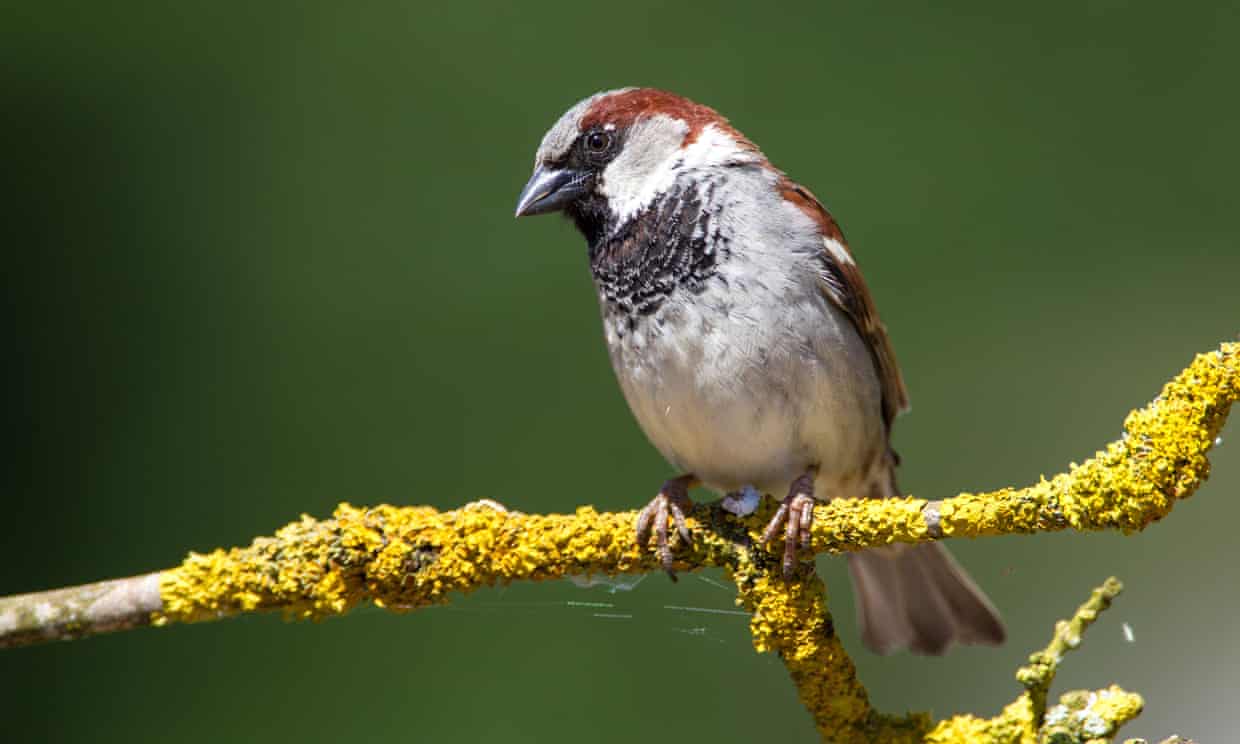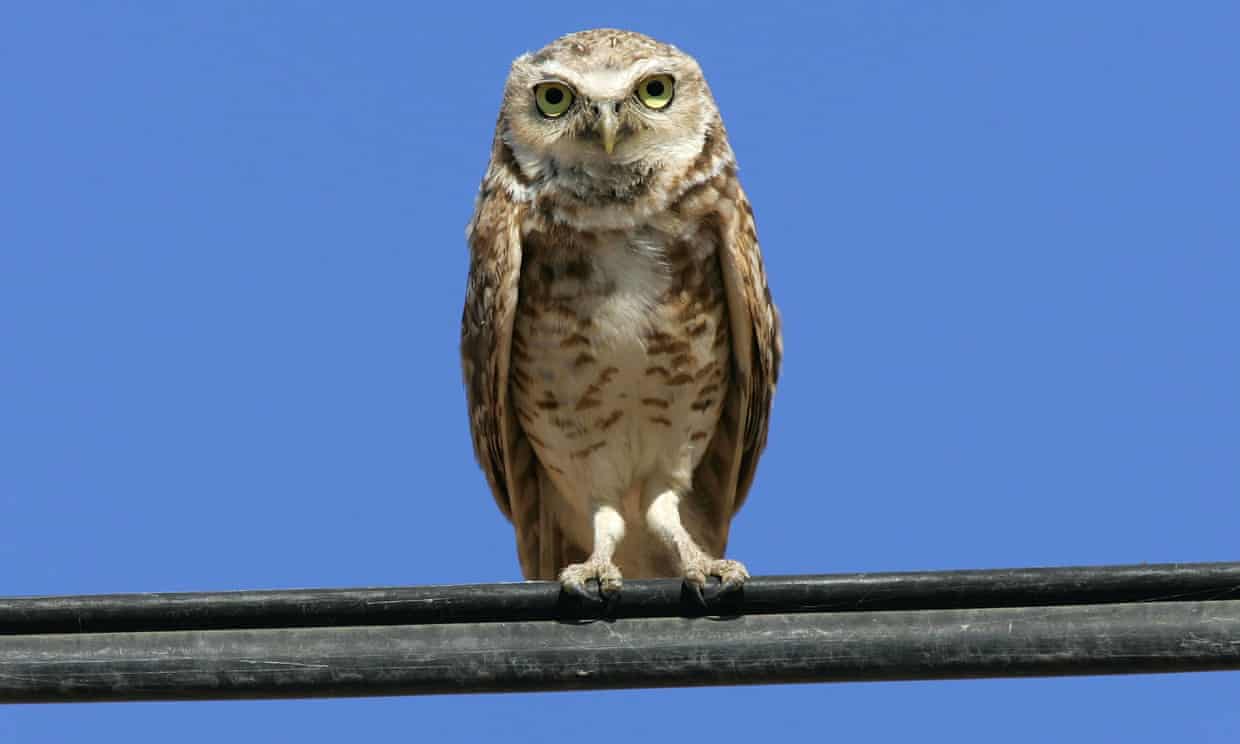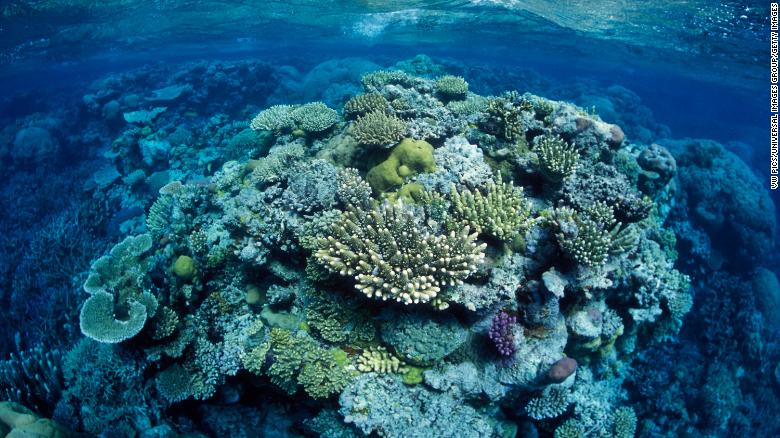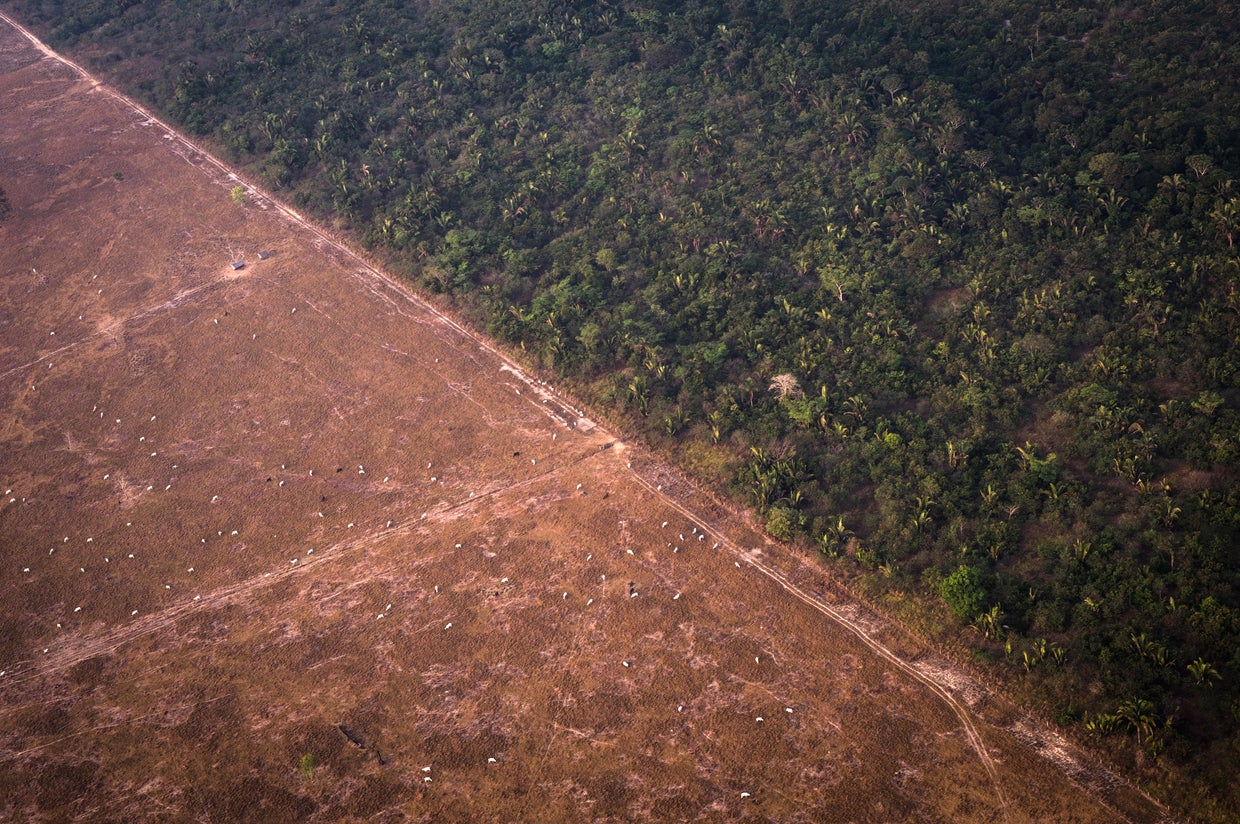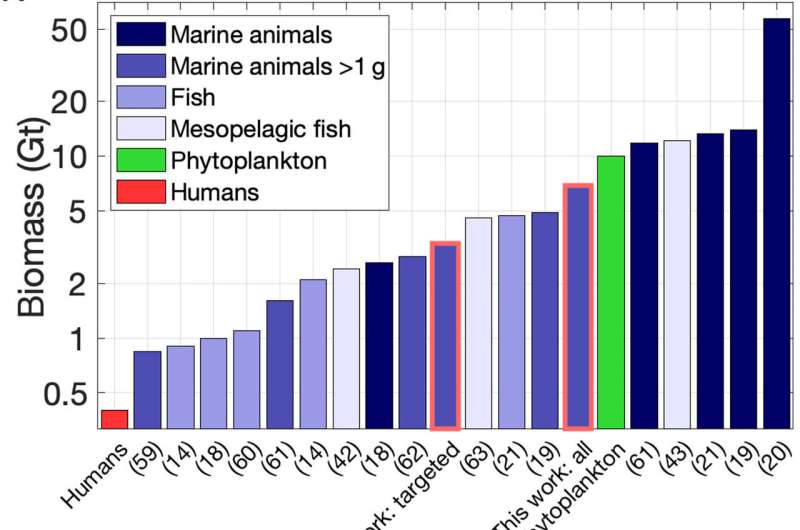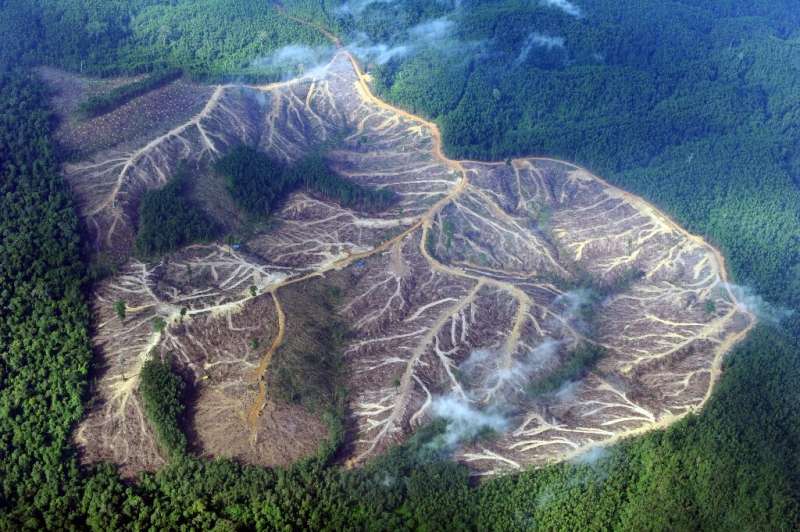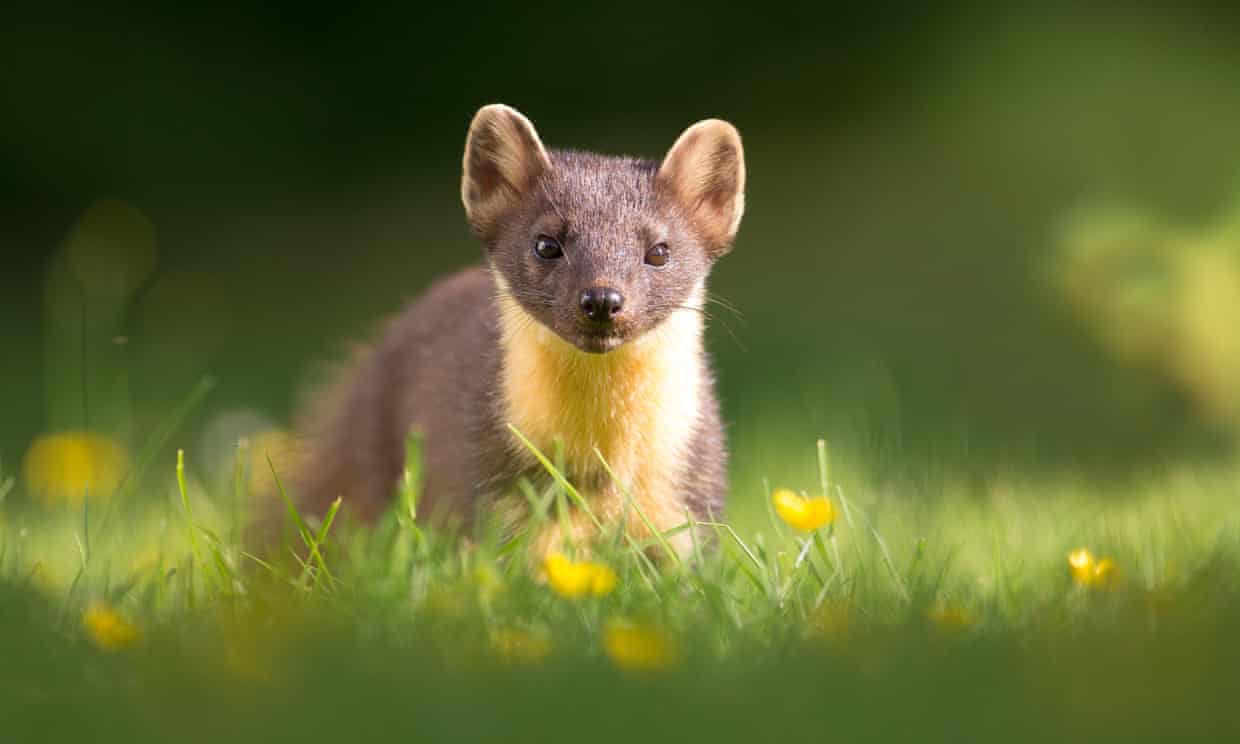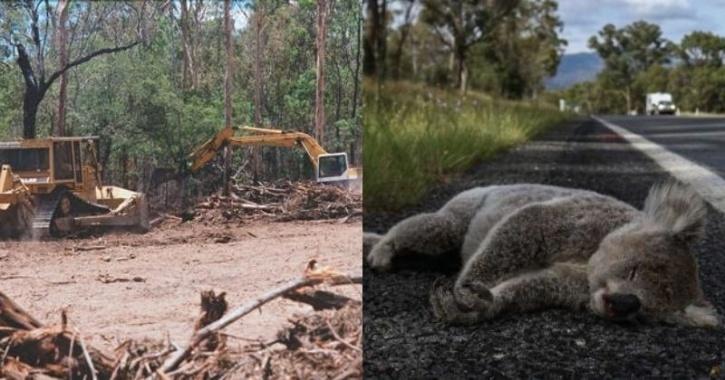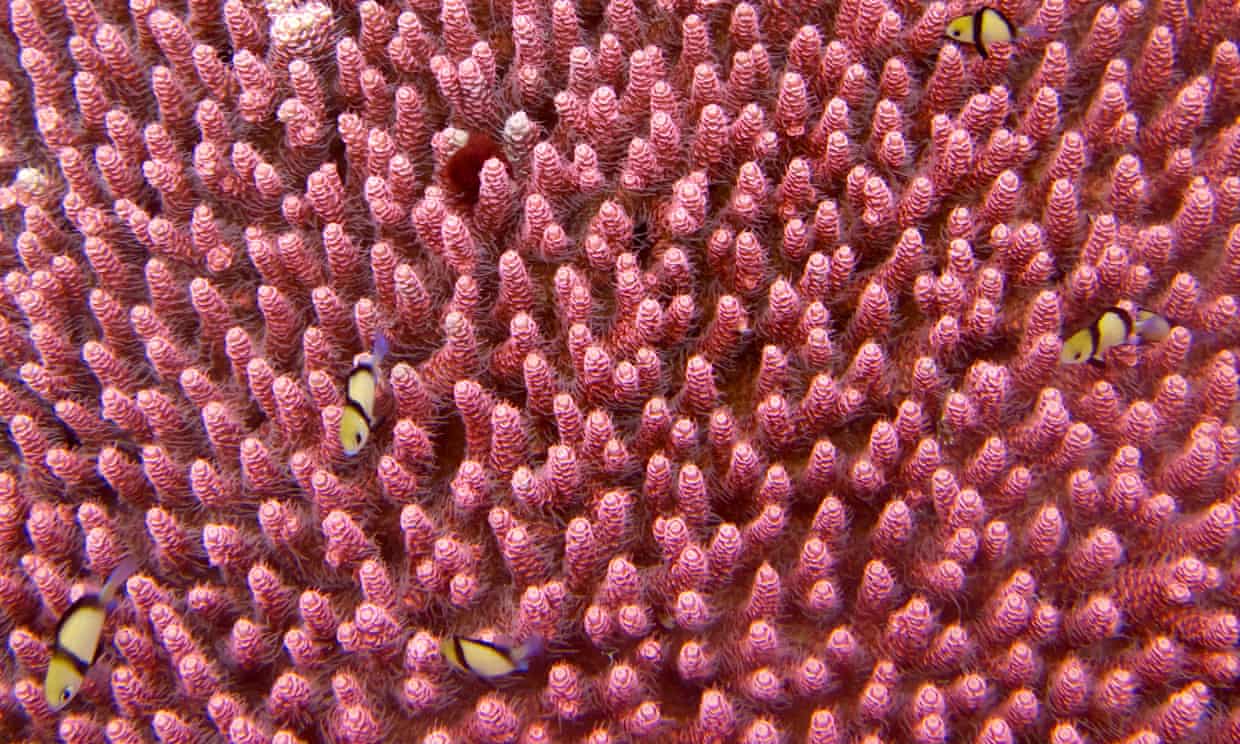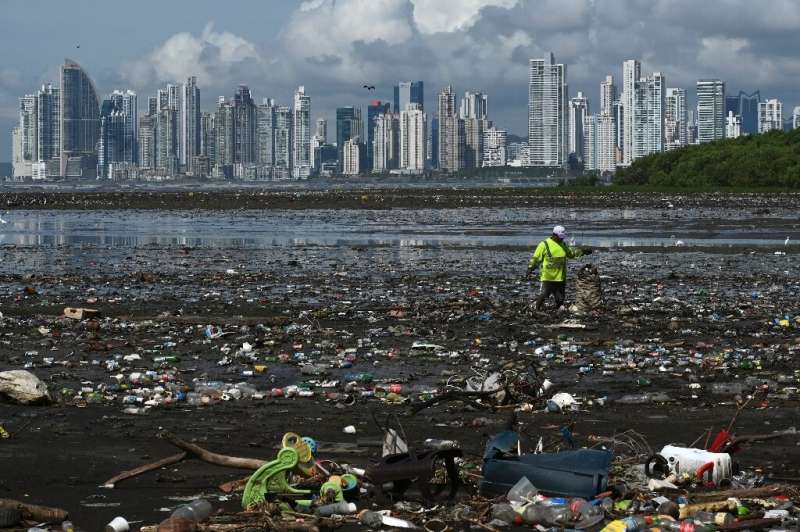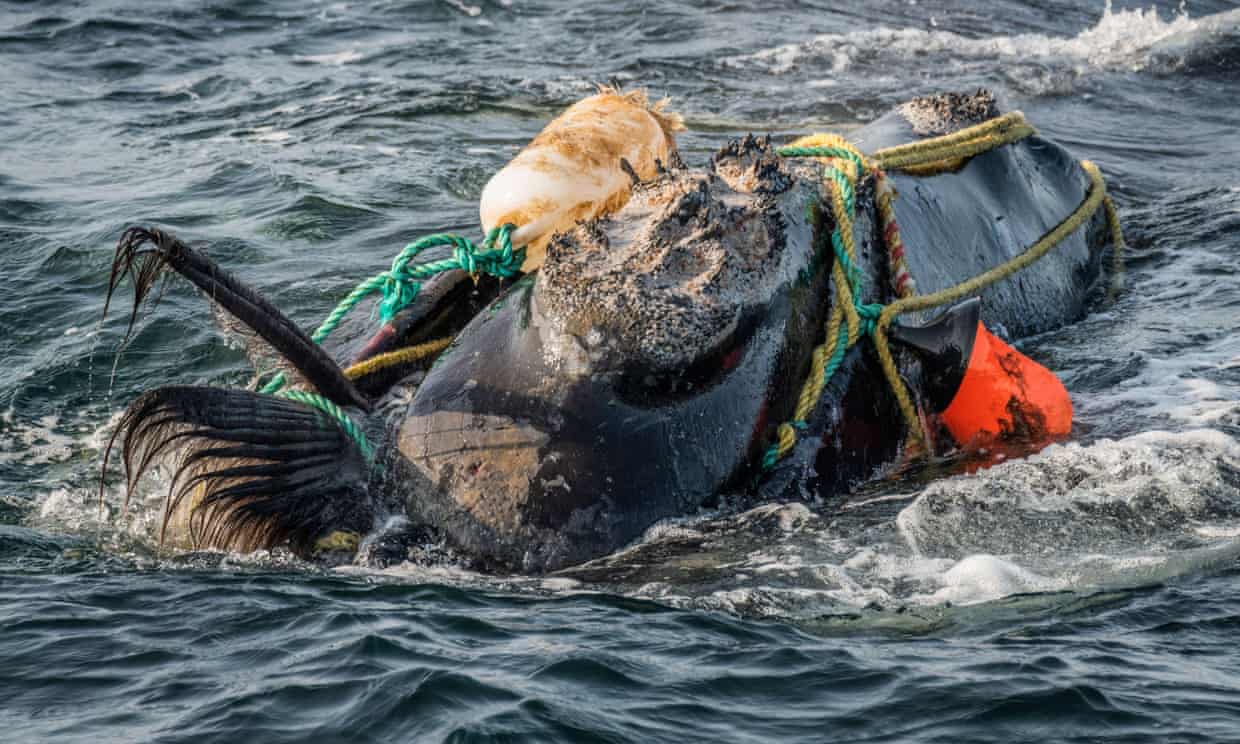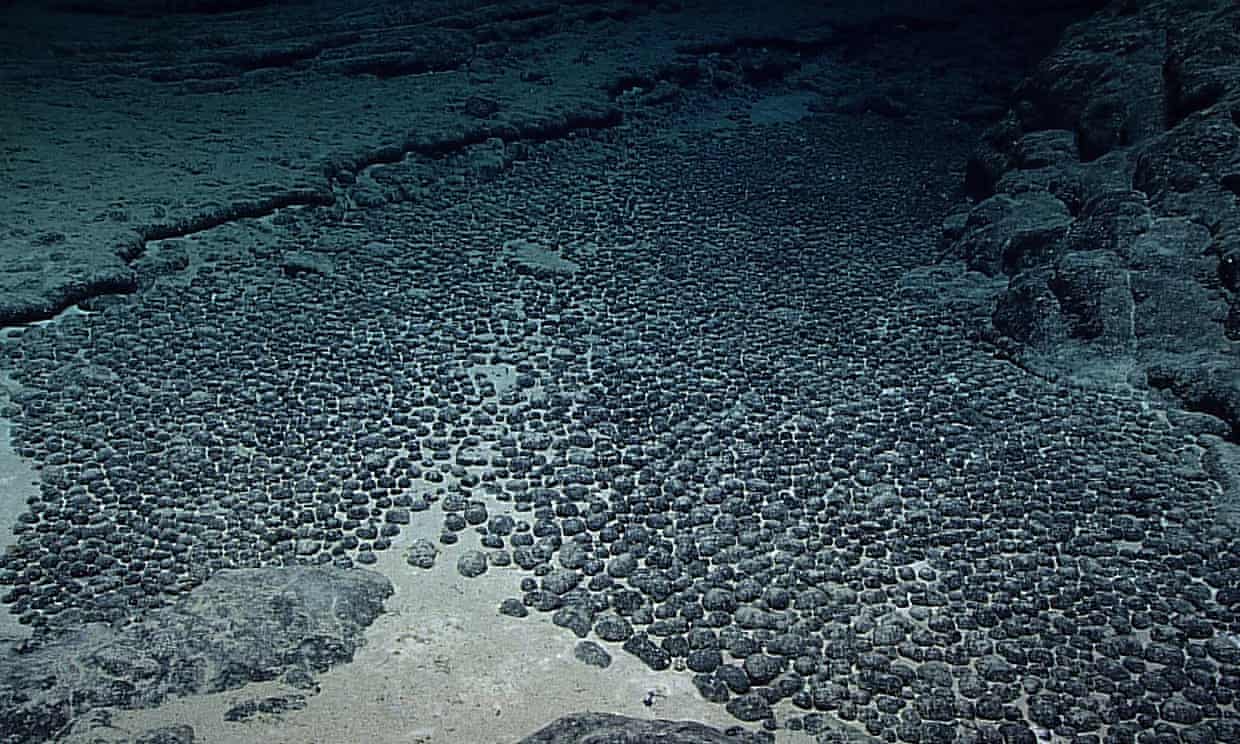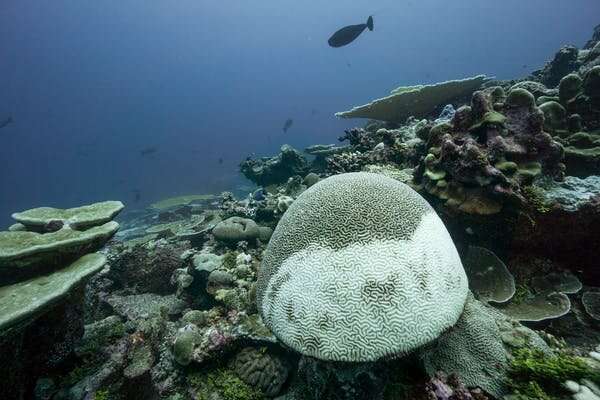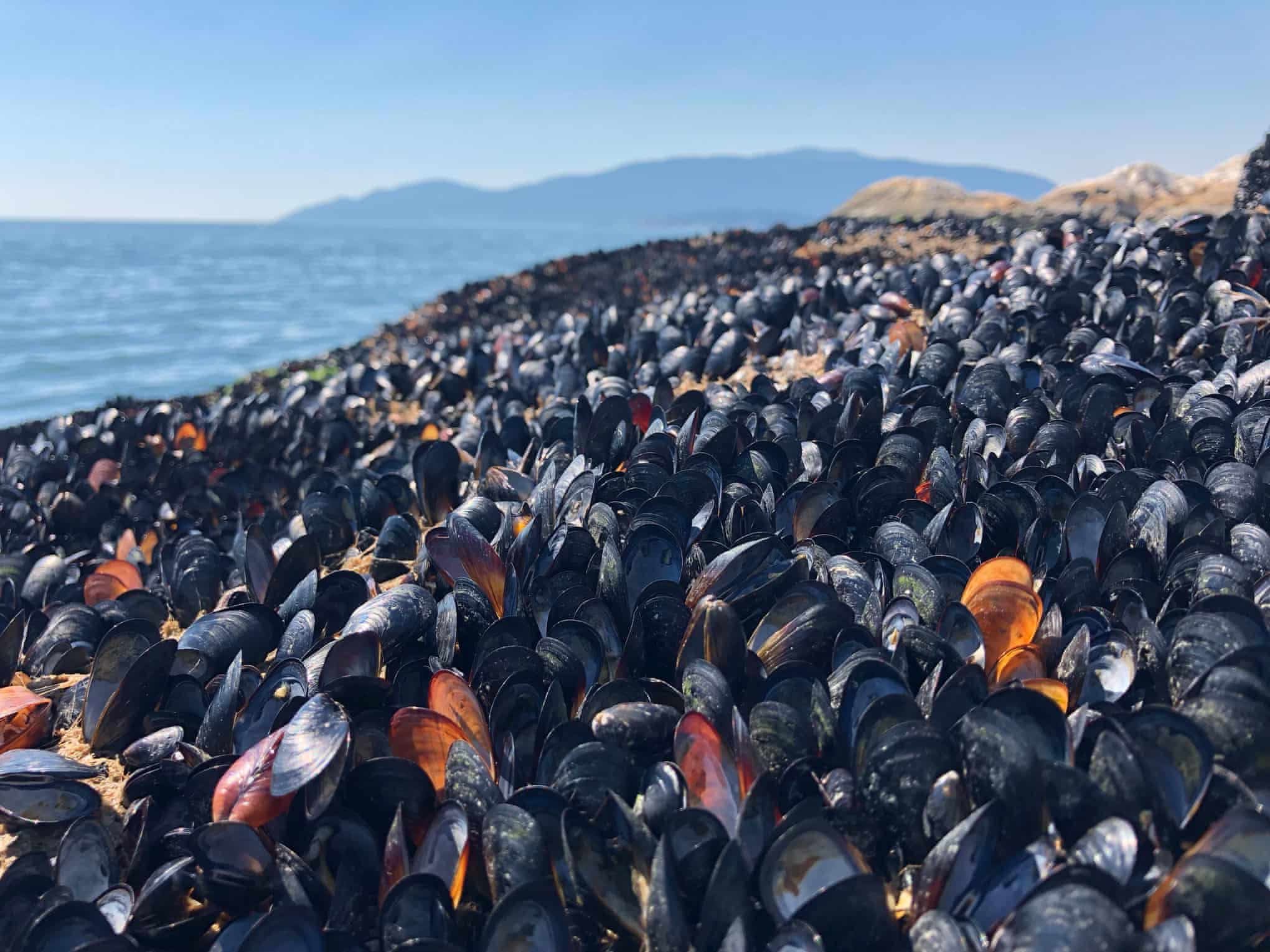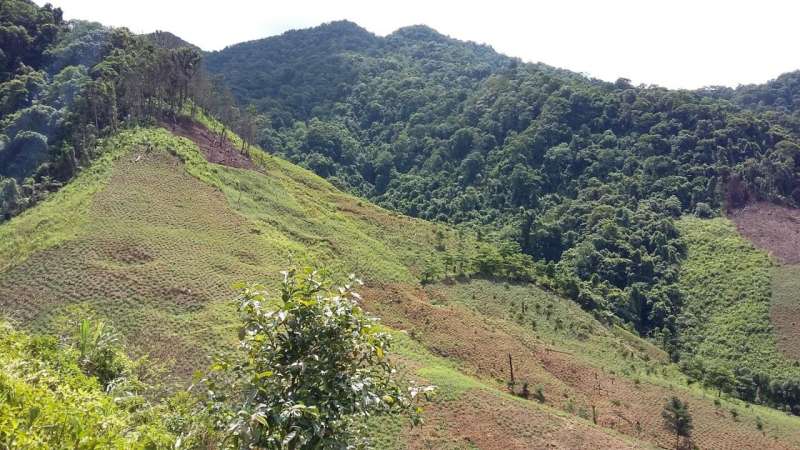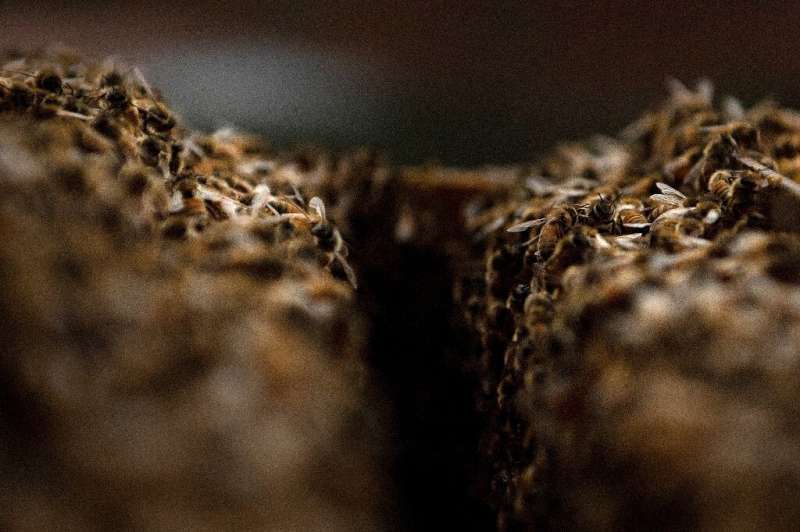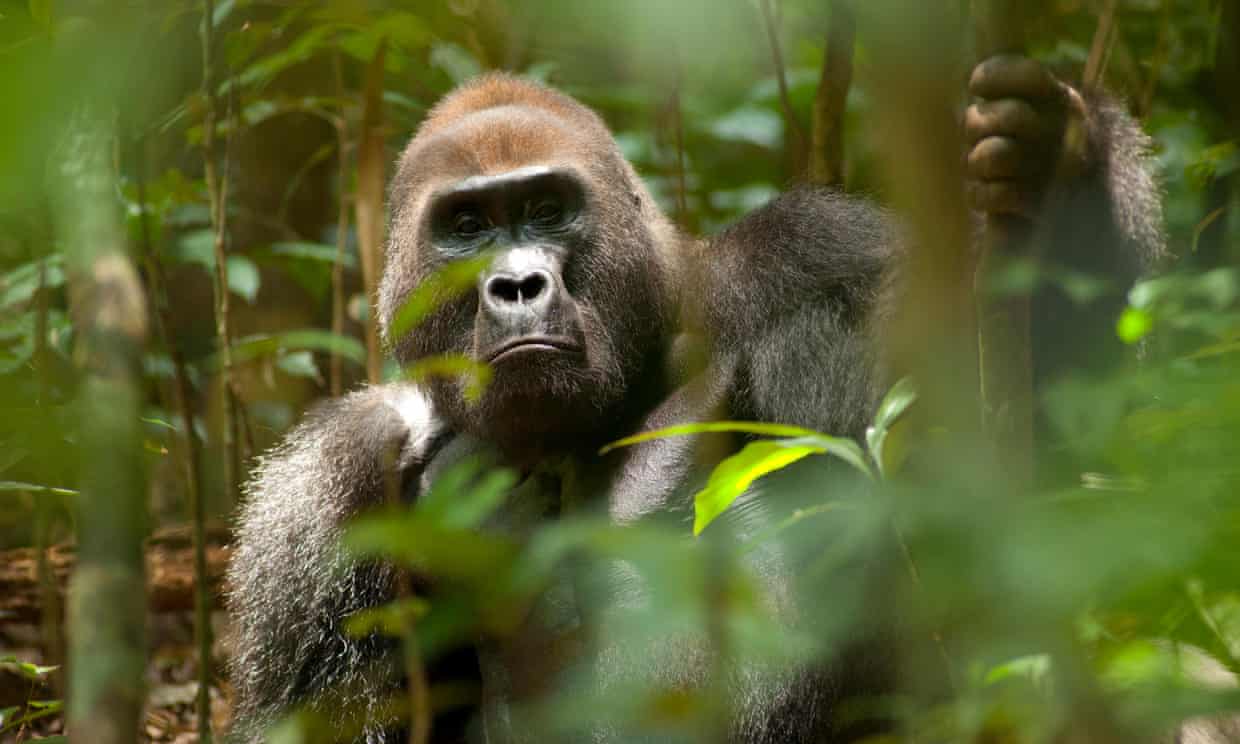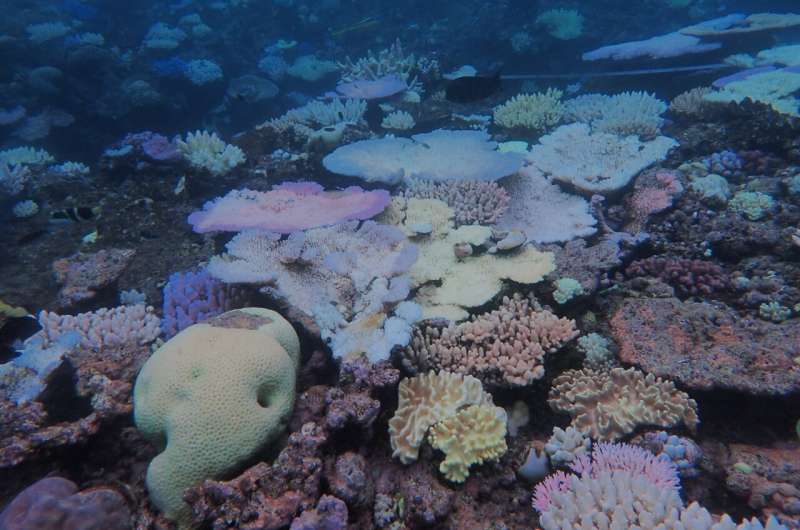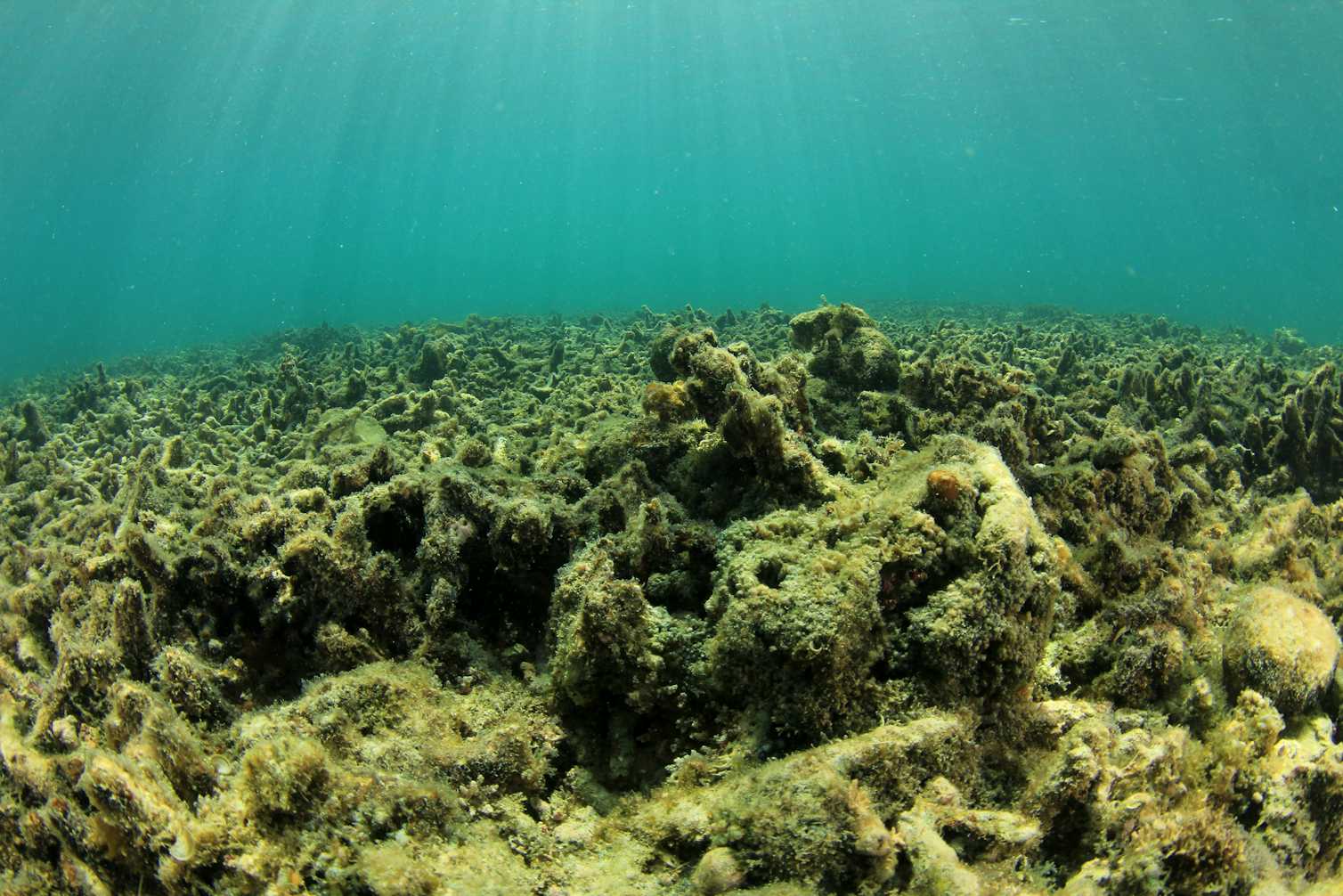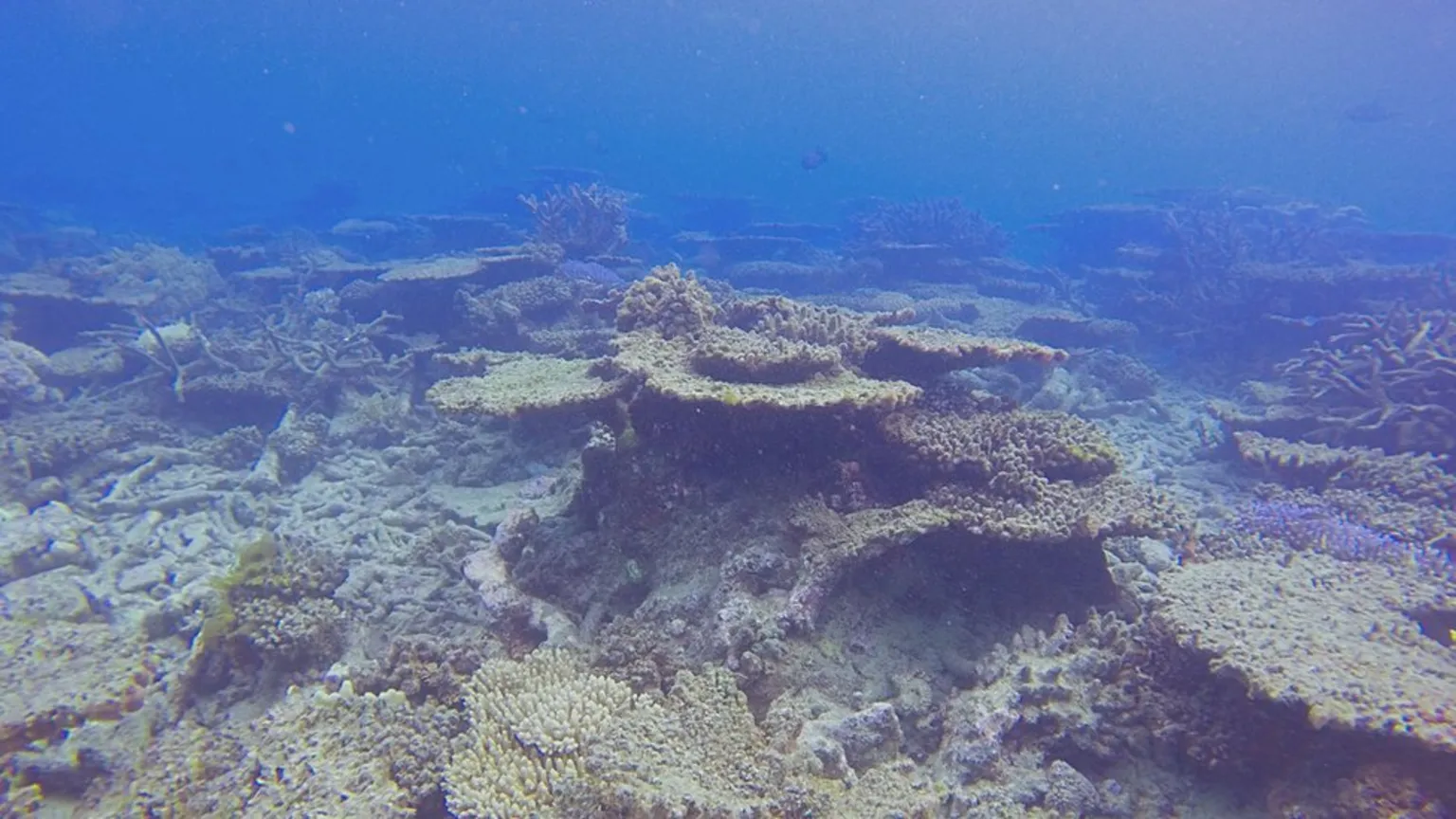The Black Summer forest fires of 2019–2020 in Australia burned more than 24 million hectares (59 million acres), directly causing 33 deaths and almost 450 more from smoke inhalation. Nearly 3 billion animals…Continue readingForest fires in Australia are worsening
Tag: biodiversity
Climate change and warming waters are pushing black-browed albatross break-up rates higher. Typically after choosing a partner, only 1-3% would separate in search of greener romantic pastures. But in the years…Continue readingHuman emissions causing increasing rates of albatross break-ups
The 13,235 square kilometers (5,110 square miles) of forest lost from August 2020 to July 2021 was the largest swath since 14,286 square kilometers were cleared in 2005-06. The rate of…Continue readingBrazil Amazon deforestation up 22% in a year; a 15 year record
From a study published in 2019: Biodiversity of insects is threatened worldwide. Our work reveals dramatic rates of decline that may lead to the extinction of 40% of the world’s insect…Continue readingOver 40% of insect species are threatened with extinction
Las Tablas de Daimiel is a unique wetland in the vast, almost treeless plains of Castilla-La Mancha in central Spain, but the park has had the life sucked out of it…Continue readingThe true cost of growing food in Spain’s arid south
One of every six birds – a net loss of 600 million breeding birds in total – have disappeared over less than four decades. The study by scientists from the RSPB,…Continue readingHumans kill off 1 in 6 birds in the EU and UK
The US and Canada have lost more than one in four birds – a total of three billion – between 1970 and 2019, culminating in what scientists who published a new…Continue readingHumans kill off 1 in 4 birds in the US and Canada
If global warming is kept to 1.5˚C, the mix of corals on the Barrier Reef will change but it could still thrive, said the study’s lead author Professor Terry Hughes, of…Continue readingAustralia’s Great Barrier Reef will survive if warming kept to 1.5˚C
Earth now faces a global extinction crisis never witnessed by humankind. Scientists predict that more than 1 million species are on track for extinction in the coming decades. Every taxon is…Continue readingThe Extinction Crisis
Nearly 21,000 monitored populations of mammals, fish, birds, reptiles and amphibians, encompassing almost 4,400 species around the world, have declined an average of 68% between 1970 and 2016, according to the World…Continue readingAnimal populations worldwide have declined nearly 70% in just 50 years
Nature is being destroyed at a rate never before seen in human history, that rate is accelerating and almost all of the destruction is caused by humans. Australia is ranked third in the…Continue readingBiodiversity loss caused by Australian society
An international team of researchers has created a model that estimates the effects on the world’s oceans over the past century by fish and their excrement. The model showed that the…Continue readingModel suggests fish fecal carbon sequestering in the ocean has declined by half over the past century
Protecting trees is key to meeting ambitious climate goals, with tropical rainforest loss accounting for about eight percent of annual carbon dioxide emissions, according to monitoring platform Global Forest Watch. Indonesia,…Continue readingUN deforestation prevention scheme collapses
Almost half of Britain’s natural biodiversity has disappeared over the centuries, with farming and urban spread triggered by the industrial and agricultural revolutions being blamed as major factors for this loss.…Continue readingNearly half of Britain’s biodiversity has gone since industrial revolution
In the nearly half-century since the U.S. Endangered Species Act came into force, only 11 other species have ever been delisted because they disappeared. A million plants and animals are in…Continue readingThe Anthropocene causes 23 species to be declared extinct
Koalas 30% decline of total population in 3 years; the state of New South Wales was worst with a 41% decline in 3 years. Now extinct in 47 electorates and only…Continue readingAustralian society devastating wildlife
The world’s coral reef cover has halved since the 1950s, ravaged by global heating, overfishing, pollution and habitat destruction, a trend that is projected to continue as the planet continues to…Continue readingHalf of global coral cover destroyed since the 1950s
260 Spanish troops are assisting firefighters battling a raging blaze that has emptied out villages and burned through forestland for days. “We have talked for a long time about the consequences…Continue readingMilitary deployed to fight fires in Spain
Efforts to halt decline of population & diversity of animals & plants have largely failed. 28% of the 138,000 species assessed by the International Union for the Conservation of Nature (IUCN)…Continue readingHumans causing species to lurch towards extinction
The pollution, emissions and clean-up costs of plastic produced in 2019 alone exceeded the annual GDP of India. It estimated that unless there is concerted international action, this cost will double…Continue readingSocial cost of 2019’s plastic more than GDP of India
Climate change-induced warming in the Gulf of Maine has resulted in the population of the North Atlantic right whale to plummet, leaving the species critically endangered. Right whales have long been…Continue readingNorth Atlantic right whales critically endangered by the Anthropocene
Trillions of polymetallic nodules litter Earth’s ocean floors. Each is rich in manganese, nickel, cobalt and copper; some of the most important metals for manufacturing low carbon technology. Mining companies claim…Continue readingIs deep-sea mining a cure for the climate crisis or a curse?
If climate change continues at its current rate, more than 98% of emperor penguin colonies are expected to become quasi-extinct by the turn of the century. Scientists’ near-term predictions were equally grim: they…Continue readingVirtually all emperor penguins doomed for extinction by 2100 as climate change looms, study finds
A conservation group recorded the video after a heatwave in the Pacific north-west on a day when water temperatures breached 21˚C (71˚F).Continue readingVideo shows salmon injured by unlivable water temperatures after heatwave
“We saw damage almost everywhere, from the Bahamas to the Great Barrier Reef.“ Corals can become stressed when temperatures around them rise just 1˚C (1.8˚F) above their tolerance level. With water…Continue readingWorld’s coral scientists warn action is needed now to save even a few reefs from climate change
“Ecosystems are going to change in ways that are really difficult to predict. We don’t know where the tipping points are.”Continue reading‘Heat dome’ probably killed 1 billion marine animals on Canada coast
Total mean annual forest loss in Southeast Asia was 3.2 million hectares per year during 2001–2019, with 31% occurring on the mountains, and is accelerating.Continue readingUpward expansion and acceleration of forest clearance in the mountains of Southeast Asia
A 2017 study in Germany was one of the first to raise global alarm about the loss of insects. It found that the biomass of flying insects across German nature reserves…Continue readingGerman climate, insect protection laws cross finish line
“We humans, we have to listen to the laws of nature and face up to the reality that we’re causing our own misery.”Continue readingOceanographer Sylvia Earle on the need for sea conservation
85 to 94% loss by 2050 of Great Ape’s habitat, mainly due to resource extraction for mobile phones, timber and palm oil. “What is predicted is really bad”Continue readingGreat apes predicted to lose 90% of homelands in Africa
“While 63% of reefs are projected to continue to accrete by 2100 under the low-impact pathway, 94% will be eroding by 2050 under the worse-case scenario,” Dr Cornwall said. “And no reef will…Continue readingTime running out to save coral reefs
The nightmare scenario: Year 2100, global waming exceeds 4˚C:→ Massive frequent wildfires→ Dead coral reefs→ Frequent prolonged droughts→ Increased air pollution→ Ice-free Arctic summers→ Rapid sea level rise→ Abandoned small island nations→…Continue readingClimate change: how bad could the future be if we do nothing?
Populations of migratory freshwater fish have plummeted by 76% since 1970, and large fish – those weighing more than 30kg – have been all but wiped out in most rivers. The…Continue readingGlobal freshwater fish populations at risk of extinction
“We found the number of small, medium and large corals on the Great Barrier Reef has declined by more than 50% since the 1990s,” said co-author Professor Terry Hughes, from CoralCoE.Continue readingThe Great Barrier Reef has lost over half its corals
